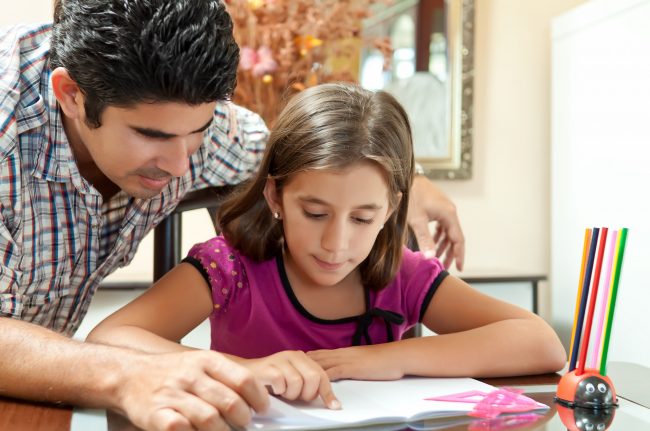While the United States government demands that every child receive an education, it does not stipulate how or where this education should be given. Although numerous parents choose public education because it is a free resource and may be a good option depending on the school district, increasing numbers of families are discovering the benefits of choosing another option, such as private school or homeschooling.
Education at home has really taken off in the last decade or two because parents have discovered the wide array of benefits that they and their families can enjoy when they choose this non-traditional yet legal educational option. Check out the five common reasons why many parents choose to remove their kids from public schools.
To Customize an Educational Plan
When schooling at home, education can focus on the exact needs of the child. If he struggles in math, parents can zero in on these concerns while spending less time on other subjects.
Parents can also teach children at their own pace and can use tools that are most interesting or useful to the child, such as nature, technology or songs. In high school, this can be very important as students must focus on specific subjects that will fit their needs best for college preparation.
To Create a Flexible Schedule
There is no doubt that home-educated families have greater flexibility than public school families do when planning their schedules. They can work around birthdays, vacations and sick days with ease, making up days whenever this is needed. Within a 24-hour period, great flexibility is also possible. Some families choose to work early in the mornings while others find it easier to do lessons in the afternoons or evenings.
This does not mean that students are not inspired to learn just as much if not more than their public school counterparts do. For example, online schools, such as Minnesota Connections Academy, allow students to learn on their own time while receiving the knowledge of state-certified teachers and challenging curricula.
To Have More of an Impact on the Child’s Education (one-to-one)
When parents are able to choose where they wish their children to be schooled, they can choose curricula that meet their specific needs. Additionally, with the one-on-one educational setting of home education or the traditionally smaller classroom sizes at private schools, children receive more direct help and have more of a chance to learn and grow.
To Teach Traditional Values
Many parents decry the current conditions in public schools and feel that their children are learning negative character qualities there. Parents who wish to teach traditional values, such as honesty, loyalty, perseverance and kindness often have better success teaching at home where their children can have one-on-one supervision and where negative actions and words can be addressed immediately.
To Teach Independence
Public school settings that have large classrooms and few teachers often focus on keeping students together in large groups. Students may not be encouraged to move ahead of the crowd if their abilities are exceptional. When learning at home, students are encouraged to learn on their own, to be self-starters and to challenge themselves to success against their own grades rather than against their peers.
Many non-traditional educational options exist for children who would otherwise be enrolled in local public schools. Whether parents choose to do this for religious, social or educational reasons, this is a viable option and a wise choice for many families. With the ability to be flexible in schedules, learning speeds and support systems, schooling at home and other non-public school options are seen as extremely beneficial for busy families who want the best foundations for their children’s lives.
